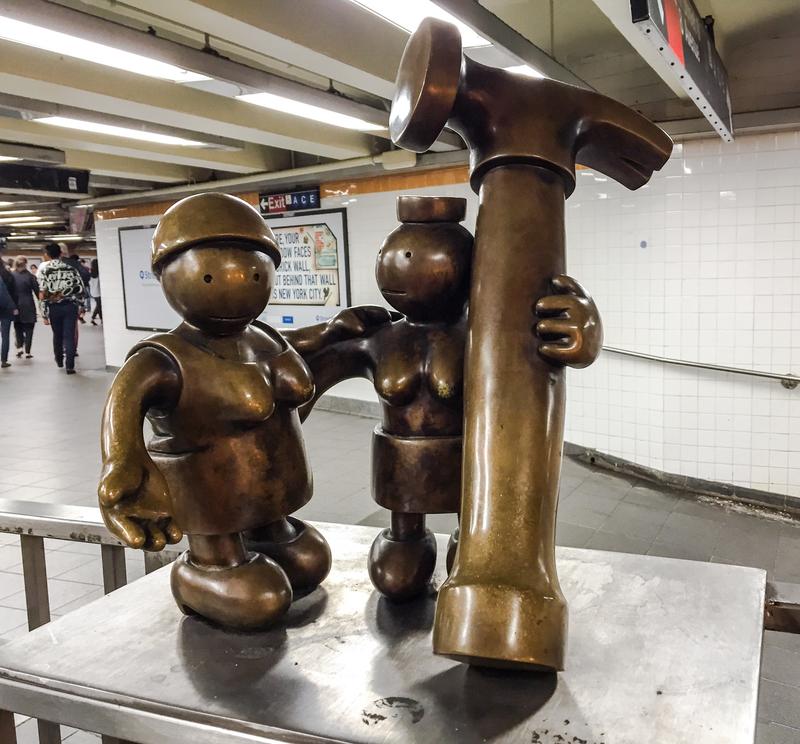 Transportation Nation
Transportation Nation
Yes, It's June and the MTA Doesn't Have Capital Program Funding Yet

The MTA's last capital program cleared Albany in June 2010. Previous programs have also been passed late in New York's legislative session. But a couple of factors make the logjam over the 2015-to-2019 plan different.
"We've got this huge gap and we don't have a way to fill it," said William Henderson, the head of the MTA’s Permanent Citizens Advisory Committee.
He says at $14 billion dollars, the capital shortfall is the MTA's biggest ever. But that fact doesn't seem to be making ripples in Albany, which is trying to reach consensus on rent control, education and a tax break for developers before the session ends next week.
Even when the MTA first put out its plan last fall, the signs weren't good. "It didn't start well," Henderson said. "Let's put it that way."
Gov. Andrew Cuomo's reaction at the time: "Isn't this just a bloated, initial, first request that you send to the second floor?"
Since making that statement eight months ago, the governor's office hasn't spoken much about the capital program.
But the program funds new subway cars and buses, critical maintenance work and megaprojects like the Second Avenue Subway. Gene Russianoff, the head of the Straphangers Campaign, says Cuomo needs to show leadership.
"This is so important to the future of the state and the city that his disaffection from this issue is mind-boggling," Russianoff said.
But infrastructure maintenance is not an easy sell. "One of the hardest things for a political figure," said Henderson, "is having a real commitment to funding the parts of the capital program that really don't let themselves to cutting ribbons — but are absolutely critical to keeping the system going. You have to replace rail, you have to replace signals, and you have to paint and maintain structures. But a lot of those things aren't sexy. They're not the kind of thing that lend themselves to saying, ''Look, we're doing this great thing that's going to improve everybody's life.' It's more, 'We're going to keep people's lives from going downhill because the signals don't work on their subways.' And that's a harder story."
The MTA needs state approval to move forward with its capital program. Moreover, it needs money. Legislators "must vote a new revenue source that makes those (MTA) projects real," said Russianoff. "The last time they did this, they enacted close to $2 billion in taxes, which made the program real."
Cuomo's office did not respond to a request for comment. Neither did Senate Majority Leader John Flanagan. A spokesman for Assembly Speaker Carl Heastie told WNYC: "We can't act alone on this—we need to have partners...Transportation is vitally important to the members of the Assembly Democratic conference."
The legislative session in Albany is scheduled to end on June 17.
MTA chief Tom Prendergast says if its plan isn't fully funded by the end of the year, that means "deep trouble" for the transit system—and the city.